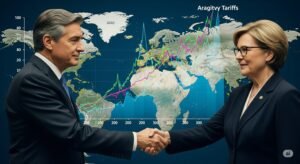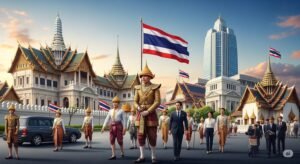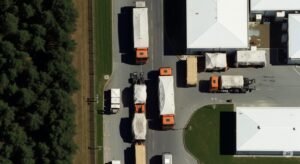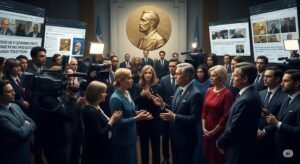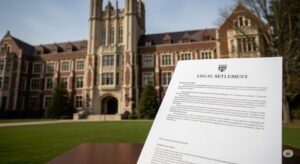Israeli forces intercepted a Gaza-bound flotilla reportedly carrying Greta Thunberg, sparking debate over the ongoing blockade and humanitarian access.
As news broke recently, a vessel reportedly carrying the well-known climate activist Greta Thunberg and other individuals attempting to reach Gaza was intercepted by Israeli naval commandos. This incident has quickly ignited discussions and raised significant questions about the long-standing blockade of the Gaza Strip and the lengths to which activists are willing to go to challenge it.
Understanding the Gaza Blockade
For many years, Israel has maintained a naval blockade of Gaza, citing security concerns related to the Hamas militant group that governs the territory. The Israeli government asserts that this blockade is necessary to prevent the entry of weapons and materials that could be used for hostile purposes.
However, this blockade has also had a profound impact on the lives of the approximately two million Palestinians living in Gaza. Critics argue that it severely restricts the movement of people and goods, leading to:
- Shortages of essential medical supplies.
- Limited access to clean water and electricity.
- High levels of unemployment and poverty.
- Restrictions on educational and economic opportunities.
The Freedom Flotilla and Its Intentions
Groups of activists have organized numerous “freedom flotillas” over the years in an attempt to break the blockade and draw international attention to the humanitarian situation in Gaza. These flotillas often carry aid and symbolic messages of solidarity with the Palestinian people.
The recent flotilla, which reportedly included Greta Thunberg, aimed to directly challenge the blockade and deliver aid, although specific details about the cargo remain somewhat unclear in initial reports. The interception by Israeli forces underscores the government’s continued commitment to maintaining the blockade and preventing unauthorized access to Gaza’s waters.
Reactions and Implications
The interception of this latest flotilla is likely to generate a range of reactions internationally. Supporters of Israel’s security policies will likely view the action as necessary to protect its borders and prevent potential threats. Conversely, those critical of the blockade will likely condemn the interception as a violation of international law and a further impediment to humanitarian relief.
For many in the United States, this incident might resonate with ongoing debates about international aid, human rights, and the role of activism in challenging government policies. It raises questions about the balance between a nation’s security concerns and the humanitarian needs of a civilian population. The involvement of a prominent international figure like Greta Thunberg is also likely to amplify the media attention surrounding the event and potentially galvanize further discussion and action related to the Israeli-Palestinian conflict.
It remains to be seen what the long-term consequences of this interception will be. However, it undoubtedly serves as another reminder of the deeply entrenched and highly sensitive issues surrounding the Gaza Strip and the ongoing efforts to find a resolution that addresses the security concerns of all parties while ensuring the basic human rights and dignity of the Palestinian population.


